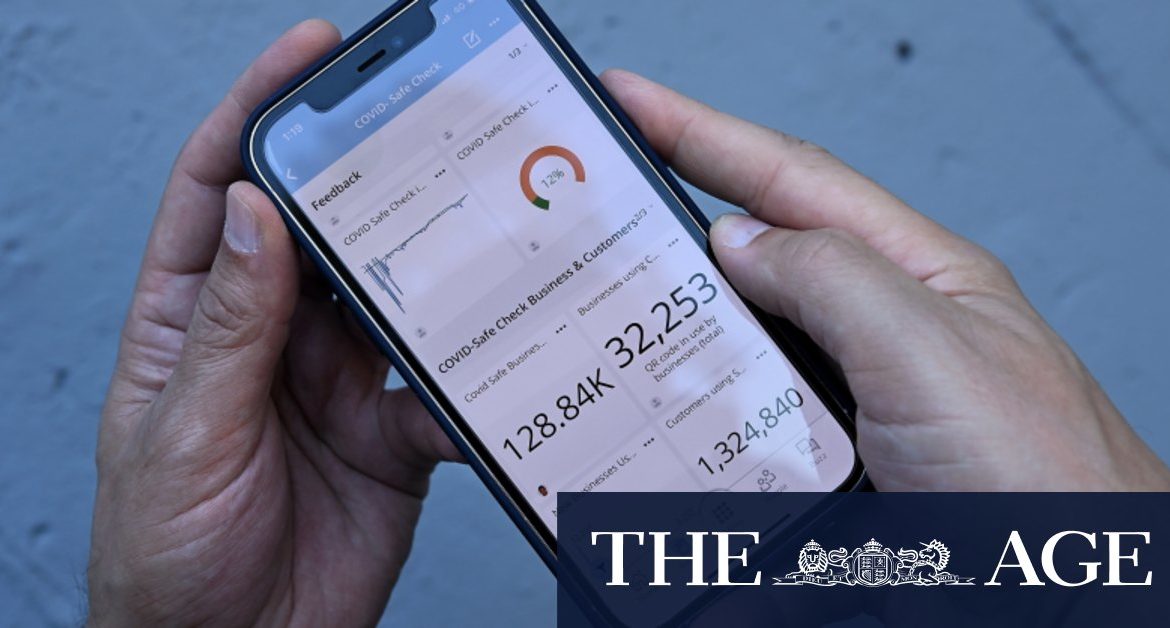“We have, through Service NSW, the ability to actually have people have a tick on their phone if they have received a vaccine, as evidence … so I think there are positive ways that we can incentivise people to take a vaccine,” she said.
A spokesman for Customer Service Minister Victor Dominello, who is responsible for the Service NSW app, said “a range of options will be canvassed to ensure the vaccine rollout is implemented effectively”.
“We will work closely with the federal government to determine the best way forward,” he said.
But epidemiologists are concerned that the vaccine may function as a “passport” and stressed that caution will need to continue even as more members of the community are vaccinated.
Australian National University Associate Professor Sanjaya Senanayake said, based on currently available trial results of the Pfizer and AstraZeneca vaccines, some people who receive the vaccine will still be susceptible to the virus.
“If we are all getting the Pfizer vaccine, which is 95 per cent efficacious at phase three trials, and hopefully continues to look that way, then I think a vaccine passport system might work, but even then there are 5 per cent of people who could still get symptomatic COVID,” Dr Senanayake said.
Earlier this week, the Australian and New Zealand Society for Immunology called on the federal government to pause the planned rollout of the AstraZeneca vaccine, slated to be given to the majority of Australians, because phase three clinical trials showed it was only 62 per cent effective in preventing symptomatic COVID-19 when given in the recommended dose.
Dr Senanayake said it was “very likely” that the Pfizer vaccine, with such a high efficacy rate on symptomatic coronavirus, would also have an impact on asymptomatic coronavirus and transmission but “we don’t quite know the degree of that yet”.
“So while we don’t know that, and we know that not everyone is going to respond to the vaccine, I think there will need to still be a lot of precautions in place,” he said, adding that vaccines will be useful in preventing stress on hospital systems and larger outbreaks, rather than provide a guarantee that someone is coronavirus-free.
Loading
University of Sydney epidemiologist Dr Fiona Stanaway agreed that the purpose of vaccination was to prevent extremely bad health outcomes, rather than to allow people to forget about the pandemic altogether.
“What our vaccination program is aiming at is it trying to make the disease less severe so that you stop people getting really sick and dying … then, you can accept a certain level of infection,” she said.
Dr Stanaway said a vaccine passport system for airlines, as has already been proposed by Qantas, or overseas travellers might be useful in terms of mitigating infection risk but she did not believe there is a “really a need” to give the vaccinated additional freedoms locally given low case numbers.
Get our Coronavirus Update newsletter
Stay across the news you need to know related to the pandemic. Sent Monday and Thursday. Sign up here.
Mary Ward is a health reporter at The Sydney Morning Herald.
Chip Le Grand is The Age’s chief reporter. He writes about crime, sport and national affairs, with a particular focus on Melbourne.
Most Viewed in National
Loading







